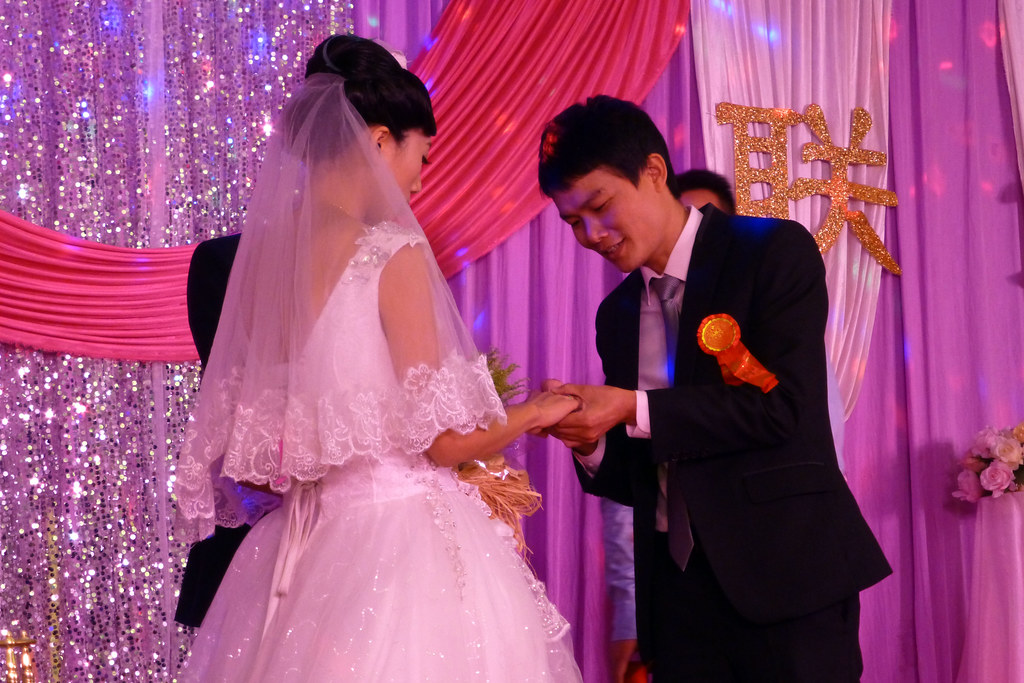Marry and procreate, Beijing’s new diktat to the Chinese

From the "one child policy" to the request to have more children, here's how China's policies change due to its demographic winter. All the details
China is aging and the government after more than 30 years of "one child policy" now warmly invites its people to procreate. And it does so by offering young couples 30 days of paid leave in the hopes of encouraging marriage and boosting the birth rate. This was reported by Reuters quoting the Health Daily of the Communist Party of China (CPC).
THE NEW CHINESE POLICY OF CHILDREN
In China, the news agency explains, the minimum paid marriage leave is 3 days, but from this month the provinces can establish more generous allowances.
The northwestern province of Gansu and coal-producing Shanxi now give a full 30 days, Shanghai 10, while Sichuan still gives 3.
"The extension of marriage leave mainly affects some provinces and cities with relatively slow economic development" because "it is urgent to expand the workforce and stimulate consumption," said Yang Haiyang, dean of the Southwestern Social Development Research Institute University of Finance and Economics.
CHINA'S DEMOGRAPHIC WINTER
The urgency to encourage young people to have children stems from the need to reverse a trend that last year in China caused a population decline for the first time in 61 years. A sign that does not bode well and that seems only the beginning of a long period of decline.
According to official data reported by the BBC , in 2022, the country recorded the lowest birth rate ever, equal to 6.77 births per 1,000 people.
Much of the decline, according to experts, is due to the "one child policy", imposed from 1979 to 2013, and the rising cost of education that has discouraged many Chinese from having more than one child or even from have some.
FORECASTS FOR THE FUTURE
However, to improve the situation, the extension of paid leave seems to be just a drop in the bucket.
Both Yang and the YuWa Population Research think tank, quoted by the Global Times , another CCP newspaper, believe more action is needed: supportive policies, including housing subsidies and paid paternity leave for men, but also a reduction of burdens and family concerns that create the conditions for reversing the trend.
A report by the research group proposes 10 suggestions to encourage the birth rate, such as, for example, in addition to subsidies, tax incentives, subsidies for the purchase of houses, construction of nurseries, increasing the number of maternity leave days for both parents, flexible office hours, support for assisted reproductive technology and education reform.
BEIJING WILL NOT STAND AND WATCH
But Beijing does not seem willing to continue in this vein and according to the YuWa Population Research report, "the number of new births could return to over 10 million by 2030, provided there are sufficient economic incentives".
The study also reads that “it is estimated that if the country implements various effective policies to fully encourage the birth rate, it will be possible to bring the fertility rate to 1.4, which is close to the average fertility rate of developed countries. Under these conditions, there will be 10.62 million new births in 2030 and the total population is expected to reach 1.29 billion in 2050.
Furthermore, given the crisis, the Wall Street Journal writes that although the CCP emphasizes what it calls traditional family values, it has become increasingly tolerant of births out of wedlock and the government is starting to ease the path for women unmarried to have children.
This is a machine translation from Italian language of a post published on Start Magazine at the URL https://www.startmag.it/sanita/sposatevi-e-procreate-il-nuovo-diktat-di-pechino-ai-cinesi/ on Wed, 22 Feb 2023 11:50:21 +0000.
